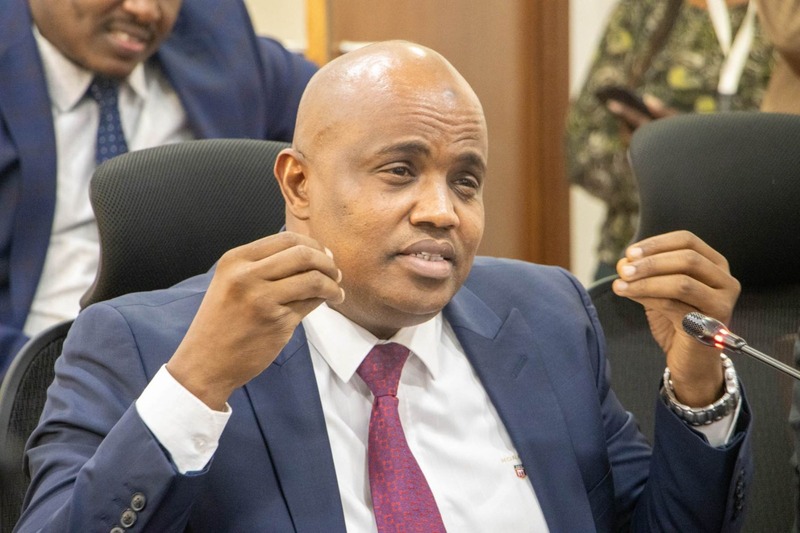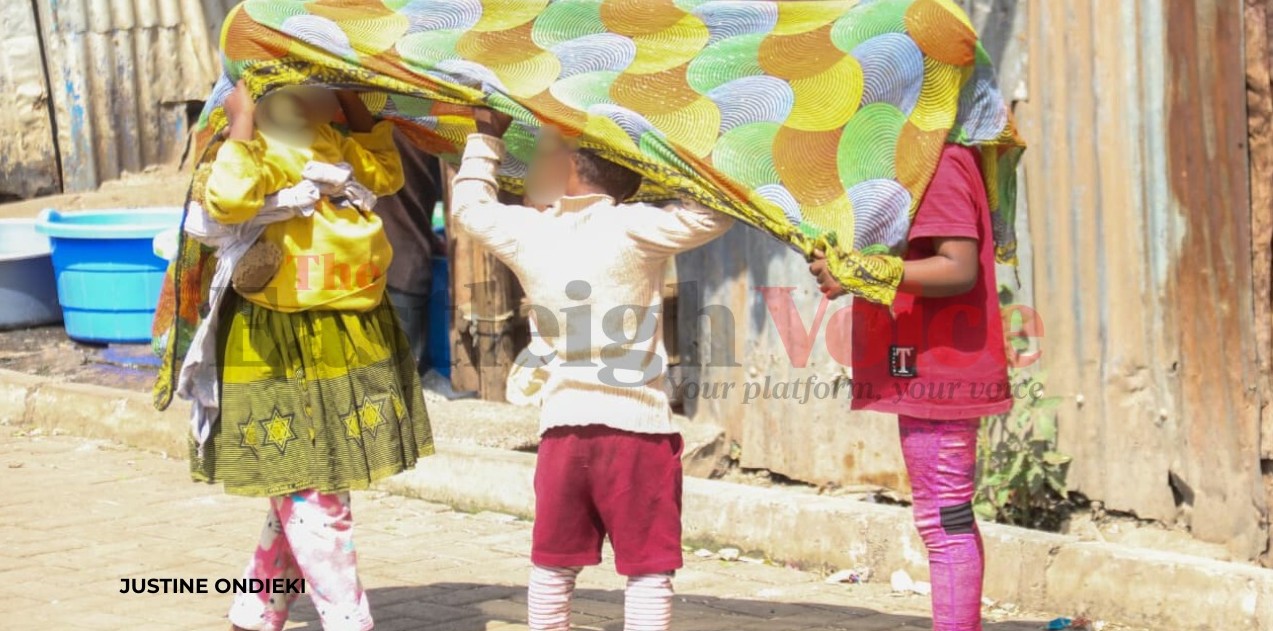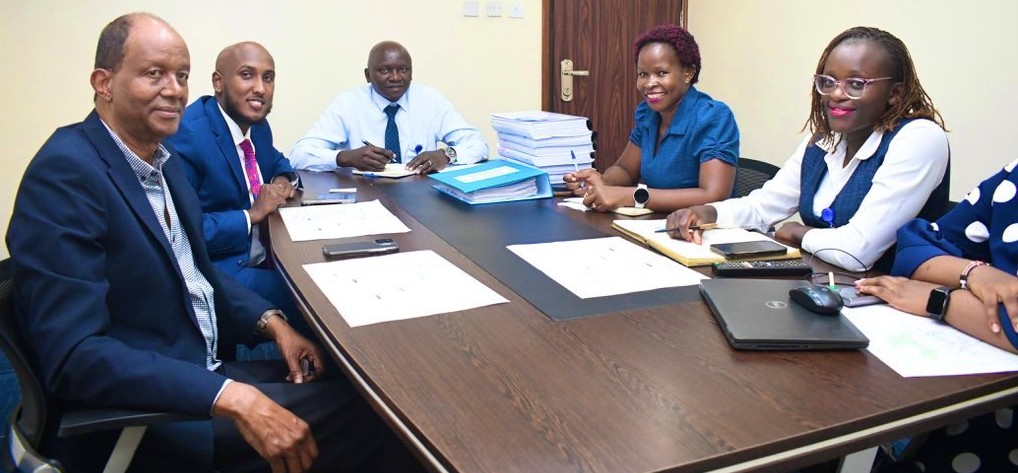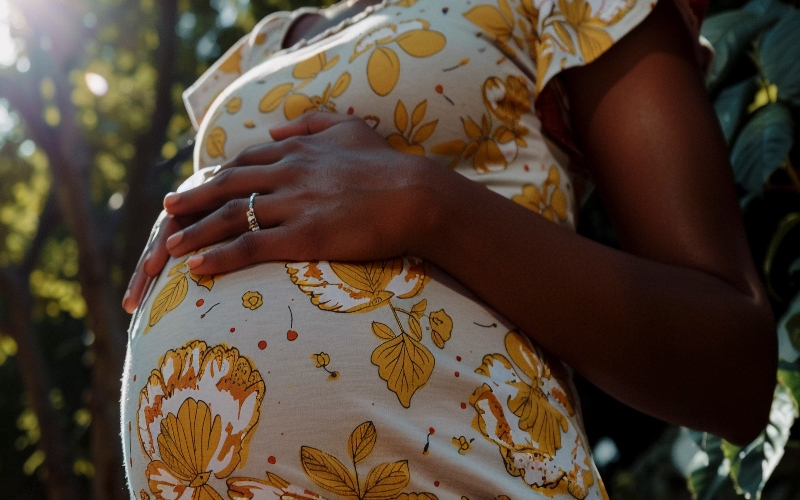Kenyan content creators to starting earning from Facebook, Instagram in June

The move marks a significant step forward for Kenyan content creators as it opens up new avenues for monetisation and will potentially transform the landscape of online content creation in the country.
Content creators with more than 5,000 followers in Kenya will soon be eligible to earn money from Facebook and Instagram.
Facebook made the announcement on Monday, following a meeting at the State House in Nairobi between its officials and President William Ruto.
More To Read
- Big blow to AI creators as YouTube shuts off monetisation
- Meta announces crackdown on ‘unoriginal’ Facebook content
- Meta to auto-convert Facebook videos into Reels in major update
- No more Google Ads: YouTube unveils new features to help Kenyan creators boost global reach
- Content creators give BCLB 48-hour ultimatum to suspend gambling ad ban
- Eastleigh content creators welcome new Facebook monetisation opportunities
The move marks a significant step forward for Kenyan content creators as it opens up new avenues for monetisation and will potentially transform the landscape of online content creation in the country.
It was the culmination of a year-long push by President Ruto's government, for content creators to earn from their online content, and makes Kenya one of the few countries on the continent to enjoy the feature.
“Kenyan content creators who meet the eligibility criteria will now earn from their Facebook and Instagram spaces as we start monetisation by June this year,” Facebook President of Global Affairs Nick Clegg said at the State House meeting.
 Facebook President of Global Affairs Nick Clegg speaks at the State House in Nairobi on March 18, 2024, during a meeting on content monetisation. (Photo: PCS)
Facebook President of Global Affairs Nick Clegg speaks at the State House in Nairobi on March 18, 2024, during a meeting on content monetisation. (Photo: PCS)
Ruto praised the partnership between Kenya and global digital platforms on the monetisation of content.
“Now content creators can begin earning from their imagination and creativity. I have kept my word to negotiate and get them fresh opportunities,” he said. “We are banking on the digital space to create jobs for the millions of jobless youths in our country.”
He also welcomed plans to have monetisation available on M-Pesa.
Eligibility criteria
Moon Baz, Meta's Creator Partnerships Lead for Africa, outlined the eligibility criteria and upcoming monetisation features.
"Kenya will become an eligible country in a couple of weeks," she said, emphasising the importance of meeting specific eligibility requirements.
"Content creators must have more than 5,000 followers, be 18 years old or older, have more than five active videos on their page, and have collected 60,000-minute views in the last 60 days."
Baz noted the need to adhere to monetisation policies and community standards, ensuring authentic behaviours, safety, and intellectual property rights.
"It is also important to pass monetisation policies and community standards. These are rules that refer to authentic behaviours, safety, and intellectual property," she explained.
The announcement included plans to introduce in-stream ads on Facebook, with a rollout expected to begin early in the summer.
 President William Ruto (C) is pictured with Facebook officials and representatives from Kenya at the State House in Nairobi on March 18, 2024, during a meeting on content monetisation. (Photo: PCS)
President William Ruto (C) is pictured with Facebook officials and representatives from Kenya at the State House in Nairobi on March 18, 2024, during a meeting on content monetisation. (Photo: PCS)
Baz described in-stream ads as a way for creators to monetise their videos, resembling similar features on platforms like YouTube and Instagram. The purpose of these ads, which can appear before, during, or after videos, is to capture viewers' attention when they are most engaged, thereby maximising impact.
"It's a way to monetise or generate revenue via Facebook. We are also launching other revenue channels across Facebook and Instagram," she said, naming Facebook Stars, Instagram Gifts, and Instagram Subs as additional avenues for creators to explore.
Facebook Stars, one of the introduced channels, enables content creators to monetise their video content, photos, and text posts on the platform.
This system allows fans and followers to support their favourite creators directly, as viewers can purchase stars on Facebook and send them to content creators during live streams or for on-demand videos and posts.
Baz expressed optimism about the future of content creation on Facebook and Instagram, stating, "With monetisation features on Facebook and Instagram, fans and followers can support content creators and contribute to their earnings."
She emphasised, however, that content creators will need to pass eligibility tests to fully access these monetisation features.
Top Stories Today














































